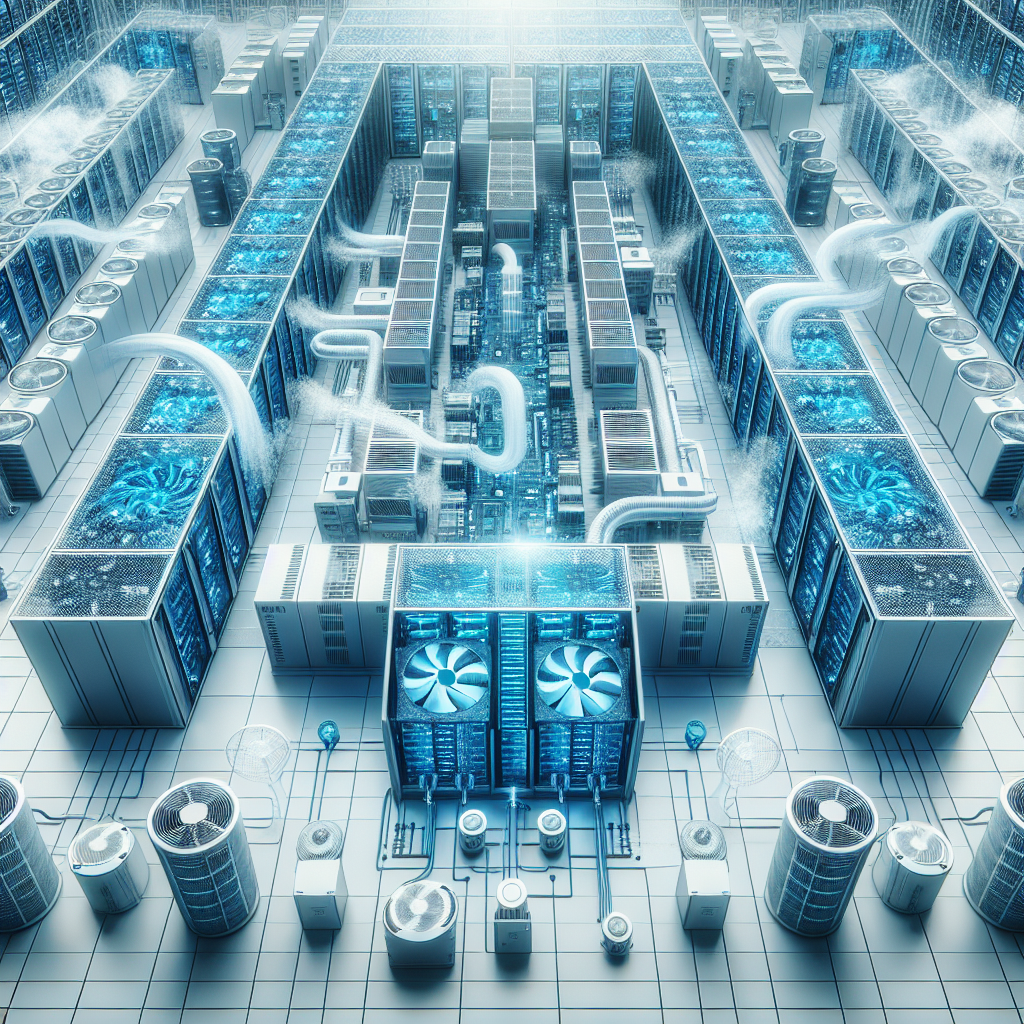Data centers play a crucial role in today’s digital world, serving as the backbone for storing and processing vast amounts of data. However, managing the heat generated by the equipment housed in these facilities is a critical challenge that must be addressed to ensure optimal performance and prevent hardware failures.
Cooling is a key component of data center infrastructure, as it helps regulate the temperature of the equipment and maintain a suitable environment for optimal operation. Understanding the role of cooling in data centers is essential for ensuring the reliability and efficiency of these facilities.
One of the primary reasons why cooling is so important in data centers is because the equipment housed in these facilities generates a significant amount of heat. Servers, storage devices, and networking equipment all produce heat as they operate, and if this heat is not effectively dissipated, it can lead to overheating and potential damage to the hardware.
To prevent this from happening, data centers are equipped with cooling systems that help regulate the temperature inside the facility. These systems typically consist of air conditioning units, fans, and other cooling equipment that work together to maintain a consistent and optimal temperature.
There are several factors that need to be considered when designing a cooling system for a data center. These include the size of the facility, the layout of the equipment, the heat load generated by the equipment, and the environmental conditions in which the data center is located.
For example, data centers located in hot and humid climates may require more robust cooling systems to maintain a suitable temperature, while those in cooler climates may be able to rely on natural ventilation or other cooling methods.
In addition to maintaining the temperature inside the data center, cooling systems also play a role in managing humidity levels. High humidity can lead to condensation, which can damage equipment and lead to electrical shorts. By controlling humidity levels, cooling systems help protect the hardware and ensure the reliability of the data center.
Efficient cooling is essential for maximizing the performance and lifespan of the equipment housed in a data center. By understanding the role of cooling in data center infrastructure and implementing effective cooling systems, businesses can ensure the reliability and efficiency of their data centers, ultimately leading to better performance and improved productivity.


Leave a Reply